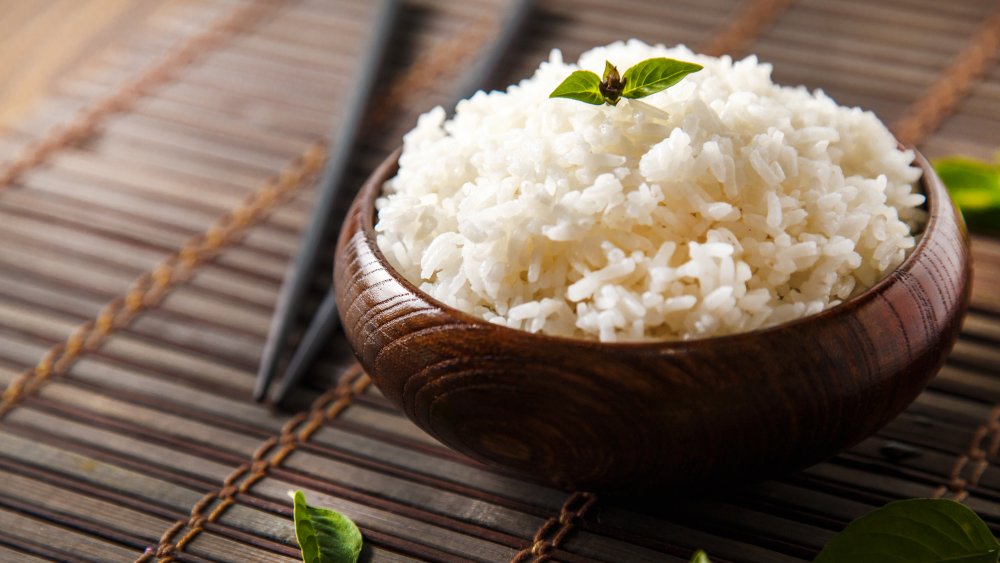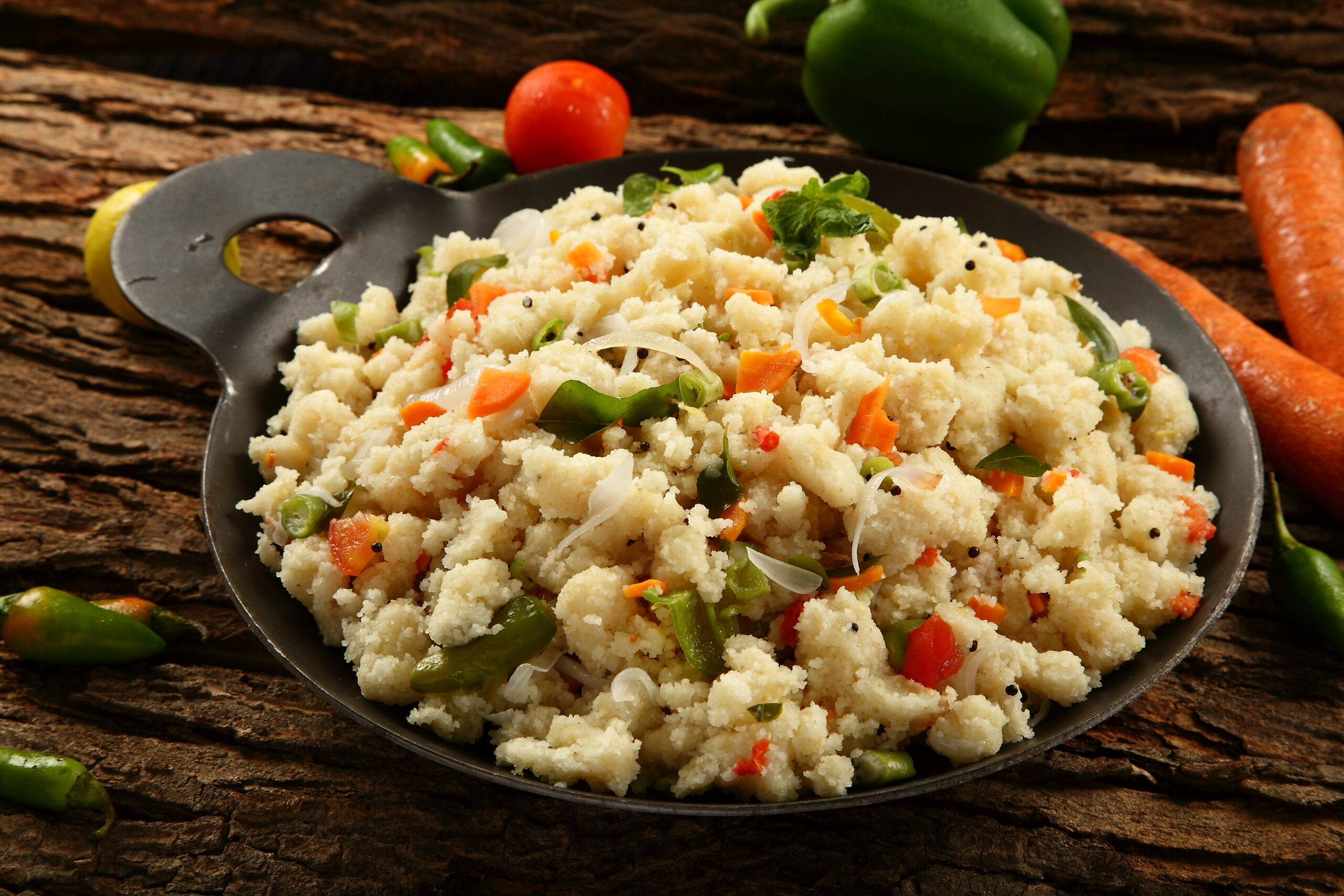Sweet Potatoes for Diabetics: A Nutrient-Rich Choice for Blood Sugar Management

Introduction
Living with diabetes demands a mindful approach to food choices, where maintaining stable blood sugar levels is paramount. Among the plethora of dietary options, sweet potatoes stand out as a nutritional powerhouse that can potentially offer several benefits to individuals managing diabetes. Rich in nutrients, low on the glycemic index, and versatile in their culinary applications, they have garnered attention as a valuable addition to a diabetic-friendly diet.
Understanding Diabetes and Dietary Choices
Diabetes, a chronic condition characterized by high blood sugar levels, necessitates a careful selection of foods to regulate glucose levels effectively. Carbohydrates are of particular concern due to their direct impact on blood sugar. This brings the spotlight onto sweet potatoes, which are often questioned for their carbohydrate content. However, it’s important to distinguish between different types of carbohydrates and their effects.
The Carbohydrate Conundrum
Sweet potatoes are indeed a carbohydrate source, but they fall on the lower end of the glycemic index (GI) scale. The glycemic index measures how quickly a carbohydrate-containing food raises blood sugar levels. Foods with a high GI lead to rapid blood sugar spikes, while those with a low GI are absorbed more slowly, preventing sharp fluctuations. They have a relatively low GI, indicating a slower release of glucose into the bloodstream and offering more stable energy levels.
Fiber’s Friend
One of the standout components of sweet potatoes that makes them diabetes-friendly is their fiber content. Fiber plays a pivotal role in slowing down digestion, which aids in preventing rapid spikes in blood sugar levels. Additionally, it promotes a feeling of fullness, potentially assisting in weight management—a crucial factor in diabetes control. Sweet potatoes, especially when consumed with the skin, are a good source of dietary fiber, making them an excellent choice for individuals with diabetes.
The Nutrient Powerhouse
Apart from their low GI and high fiber content, sweet potatoes boast an impressive array of nutrients. They are packed with vitamins A and C, which have antioxidant properties and contribute to overall immune system health. These vitamins are vital for people with diabetes, as managing the immune system and preventing infections is essential due to potential complications arising from the condition.
Minerals that Matter
Minerals like potassium and magnesium are abundant in sweet potatoes. Potassium aids in maintaining blood pressure levels and nerve function, both of which are important for individuals with diabetes. Magnesium, on the other hand, is involved in carbohydrate metabolism and insulin function. Including sweet potatoes in the diet can contribute to meeting the recommended intake of these essential minerals.
Managing Weight and Diabetes
Obesity or excess weight is a common risk factor for type 2 diabetes. They can play a role in weight management due to their low calorie density and high fiber content. They help create a feeling of fullness with fewer calories, which can lead to reduced overall calorie consumption. This aspect is crucial for individuals aiming to lose weight or maintain a healthy weight to manage their diabetes effectively.
Antioxidants and Anti-Inflammatory Properties
Chronic inflammation and oxidative stress are linked to diabetes and its complications. Sweet potatoes’ vibrant orange color is indicative of their rich beta-carotene content, a powerful antioxidant that can combat oxidative stress. Moreover, the presence of other antioxidants and anti-inflammatory compounds in sweet potatoes may contribute to reducing inflammation associated with diabetes.
Incorporating Sweet Potatoes into the Diabetic Diet
Embracing sweet potatoes in a diabetic-friendly diet requires some thoughtful strategies:
Portion Control: While sweet potatoes are nutrient-dense and offer numerous benefits, portion control is key. Balancing the carbohydrate intake and monitoring blood sugar response is crucial.
Pairing with Protein: Combining sweet potatoes with a source of protein, such as lean meats, legumes, or low-fat dairy, can further stabilize blood sugar levels and enhance satiety.
Cooking Methods: Opt for healthier cooking methods like baking, roasting, steaming, or boiling to preserve the nutritional content of sweet potatoes without adding excessive fats or sugars.
Diverse Recipes: Experiment with a variety of recipes to keep meals exciting. Sweet potatoes can be used in savory dishes like roasted sweet potato and black bean tacos or in sweeter options like mashed sweet potatoes with a touch of cinnamon.
Conclusion
In the realm of diabetes management, the inclusion of sweet potatoes can be a wise choice. Their low glycemic index, high fiber content, abundance of nutrients, and potential benefits for weight management make them a standout option for individuals looking to regulate blood sugar levels while enjoying flavorful and nutritious meals. As with any dietary decisions, consulting a healthcare professional or registered dietitian is recommended to tailor an eating plan that suits individual health needs and goals. With proper planning, sweet potatoes can become a delightful and beneficial addition to a diabetic’s menu.



































